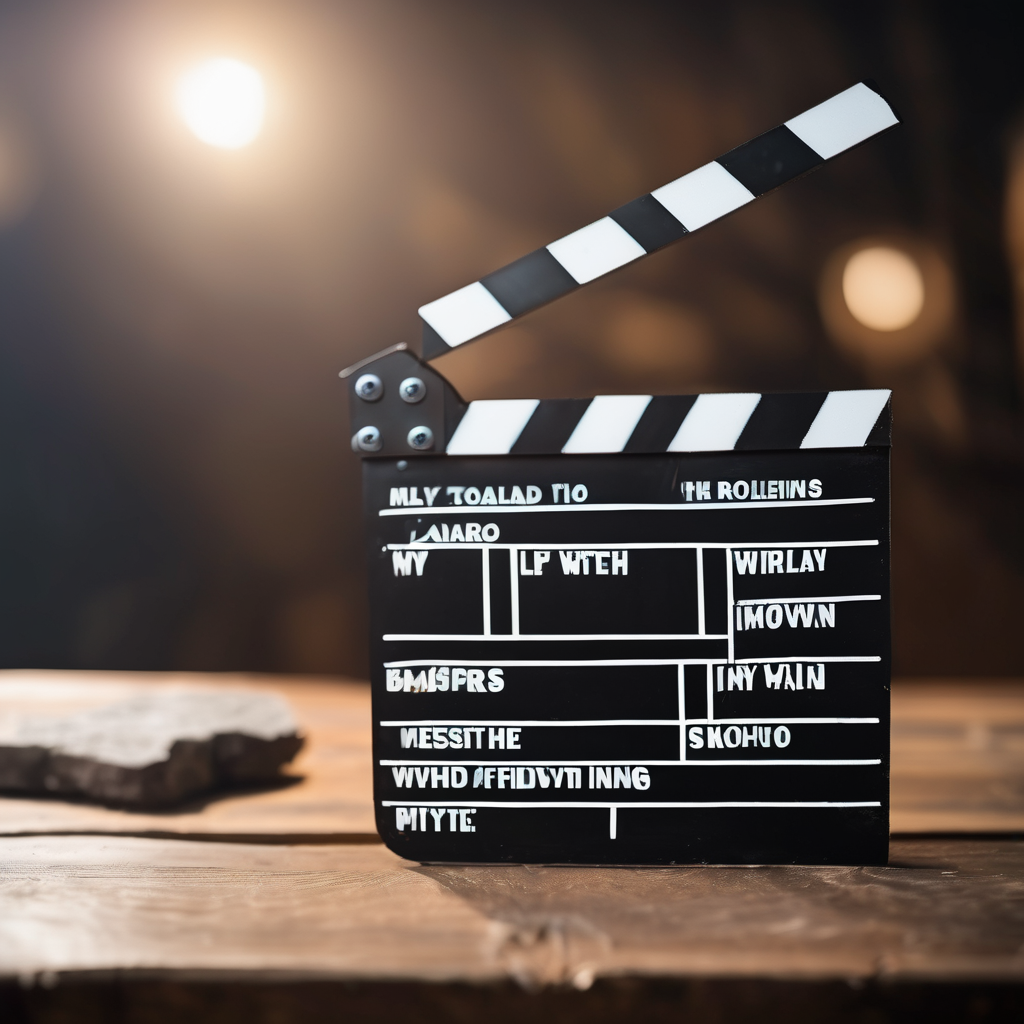Hollywood is facing a significant turning point with the emergence of Tilly Norwood, an AI-generated avatar touted as a potential future star akin to well-known actresses such as Scarlett Johansson and Natalie Portman. The synthetic performer, created by Particle6, has only made appearances on social media as she executes monologues in front of the camera. This raises questions about her ability to share the screen with human actors, a point that has prompted concern from various quarters, including the SAG-AFTRA actors union.
Sean Astin, the union’s president, emphasized that Tilly Norwood represents an artificial construct that cannot replicate the human experience essential to performance. SAG-AFTRA released a statement denouncing the use of AI performers without prior negotiation with human talent. The union’s stance reflects a broader unease within the industry regarding the replacement of human actors with technological creations that, while visually appealing and cost-effective, may lack the depth and originality inherent to human artistry.
Oscar-winning actress Ariana DeBose voiced her support for human performers, arguing that the dedication and experiences that SAG-AFTRA members bring to their work cannot be substituted by artificially created characters. She pointed out that synthetic performers are reliant on existing content and lack true creativity.
The stir caused by Tilly Norwood has been slow to draw attention, primarily following the recent unveiling of a new AI talent studio at the Zurich Film Festival. Particle6’s CEO, Eline Van der Velden, previously indicated interest in collaborating with talent agencies to promote Tilly, which further fuels anxieties among professionals in Hollywood. Veteran producer Charlie Fink expressed concern that the rise of AI in acting could disrupt job opportunities, especially for background and voice actors, who may be more vulnerable to automation.
While some in the industry express anxiety over the ramifications of AI, others, like Whoopi Goldberg, remain unfazed, claiming that the nuances of human performance are not easily replicable. Goldberg noted that while technology may evolve in the coming years to create more seamless avatars, current AI capabilities are still lacking in authenticity.
As discussions continue around Tilly Norwood and the impact of AI on entertainment, the industry must navigate the balance between innovation and maintaining the artistry of human performance. This moment presents an opportunity for stakeholders to engage in meaningful dialogue about the future of acting and to ensure that the talents and stories shaped by human experiences remain at the forefront of cinematic storytelling.
